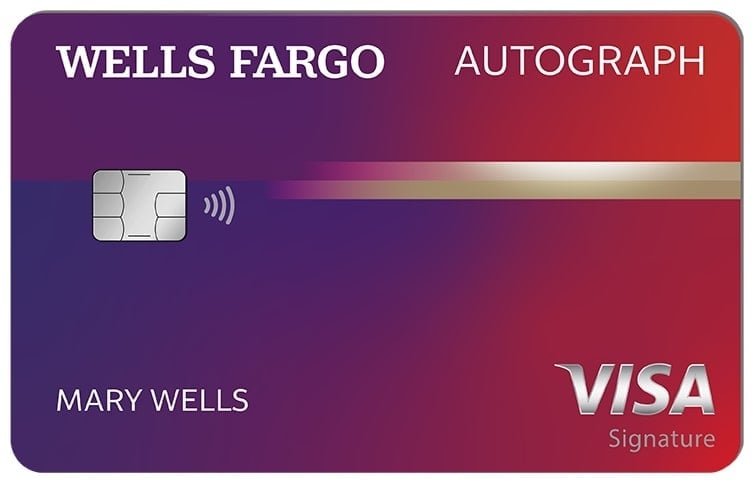Portland’s Airbnb Fiasco Shows Why Regulation Often Fails

Many or all of the products featured here are from our partners who compensate us. This influences which products we write about and where and how the product appears on a page. However, this does not influence our evaluations. Our opinions are our own. Here is a list of our partners and here's how we make money.
Destinations around the country are trying to crack down on Airbnb and other short-term rentals. From megalopolises like New York and Los Angeles to vacation destinations like Aspen, Colorado, and Honolulu, local governments are attempting to limit the effect that short-term rentals have on their communities in areas like the availability of affordable housing for locals and safety for visitors.
But enacting restrictions on Airbnbs is one thing. Enforcing such regulations in the real world is another. And few cities demonstrate the perils of trying to put the home-sharing genie back in the bottle better than Portland, Oregon.
10 years of trial and error
A decade ago, Portland began requiring owners of short-term rentals to get a license for their property. However, Airbnb failed to remove listings that didn't comply with this law, so in 2019, Portland demanded that the platform offer better data sharing to allow it to check its registry of licensed rentals against properties actually on the platform.
Yet a scathing report from The Oregonian newspaper in 2023 revealed that local officials lacked the staff and technical expertise to use the data Airbnb provided, leaving many unlicensed rentals illegally operating on Airbnb.
In an email, Scott Karter, audit and accounting manager for the city of Portland’s revenue division, said the number of currently operating unlicensed rentals on Airbnb is believed to be "several hundred and possibly over 1,000."
"As we work through this process, we will be able to get a more accurate figure. We are still in the early stages of this process with Airbnb," Karter said.
Airbnb added a required permit number field to its listings in December 2023. A follow-up report from The Oregonian found that hundreds of rentals added bogus permit numbers, including eight properties that simply used the example number on the Airbnb website.
“There are some individuals who work hard and creatively to circumvent the permitting process,” Karter said.
The city of Portland isn't penalizing hosts or Airbnb for noncompliance because it lacks the resources to identify which properties lack licenses and which haven’t had theirs approved. The upshot is a vacation rental Wild West, with some hosts following regulations, others avoiding them, and guests largely clueless about whether their rental is operating illegally.
Housing and safety
Portland housing advocates have been waiting 10 years for the city to enforce the rules it established to minimize the impact of short-term rentals.
Lauren Everett, an organizer with Portland Tenants United, says it doesn’t make sense to pass bond measures and take other steps aimed at increasing affordable housing “while allowing people to use houses as hotels.”
Illegal Airbnbs, like those currently operating in Portland, sap housing supply at a time of dire need, according to Everett. The city’s lackadaisical enforcement approach means fewer available homes for residents.
“It has become a way for people to extract rent without worrying about tenants' rights,” Everett says.
Yet Airbnb insists that its short-term rentals represent a minuscule segment of Portland's overall housing supply.
"The majority of hosts in Portland share just one home to supplement their income and entire home listings represent approximately 1% of the city’s housing stock," Jordan Mitchell, a policy manager at Airbnb, said in an email. "We are committed to continuing to work with the City to support compliance, including identifying streamlined solutions to help address their registration backlog and staffing shortages, to ensure local residents and small businesses can continue to benefit from short-term rentals.”
Another issue driving attempts at regulation is safety. Portland’s official short-term license process involves a safety inspection. Yet to speed up permit processing, the city has performed only 14 of these inspections since 2019, according to The Oregonian report. That means that the vast majority of rentals are operating with no local safety oversight.
The dangers of unregulated short-term rentals were highlighted last year in Montreal when a fire at an illegal Airbnb killed seven people. Montreal, like Portland, has struggled to enforce its short-term rental policies, even after stricter regulations were introduced following the deadly fire.
A cautionary tale
Portland was one of the first major cities in the U.S. to require registration of short-term rentals like Airbnb. Ten years later, it is struggling to enforce these regulations. And it's hardly alone.
The city of Santa Barbara, California, recently hired a team of special investigators to crack down on illegal rentals, which the team estimated there are about 1,300. The enforcement team collected $595,000 in fines from 40 properties in its first year.
Los Angeles also requires short-term rental operators to obtain a license with the city. But according to a report from the McGill University School of Urban Planning, nearly half of the city's Airbnbs were operating illegally in 2022.
The similarities between these efforts to regulate short-term rentals suggest that cities need to focus on how regulations will actually be enforced. Otherwise, illegal rentals will proliferate, irritating local communities and those hosts who are complying with the law.
And some suggest Airbnb should be asked to shoulder more of the burden.
“Airbnb is making money off these communities,” Everett says. “They should be the ones paying for enforcement.”
How to maximize your rewards
You want a travel credit card that prioritizes what’s important to you. Here are our picks for the best travel credit cards of 2024, including those best for:
Flexibility, point transfers and a large bonus: Chase Sapphire Preferred® Card
No annual fee: Bank of America® Travel Rewards credit card
Flat-rate travel rewards: Capital One Venture Rewards Credit Card
Bonus travel rewards and high-end perks: Chase Sapphire Reserve®
Luxury perks: The Platinum Card® from American Express
Business travelers: Ink Business Preferred® Credit Card
1%-5%
Cashback$200
2%
Cashback$200
1x-3x
Points20,000
Points




